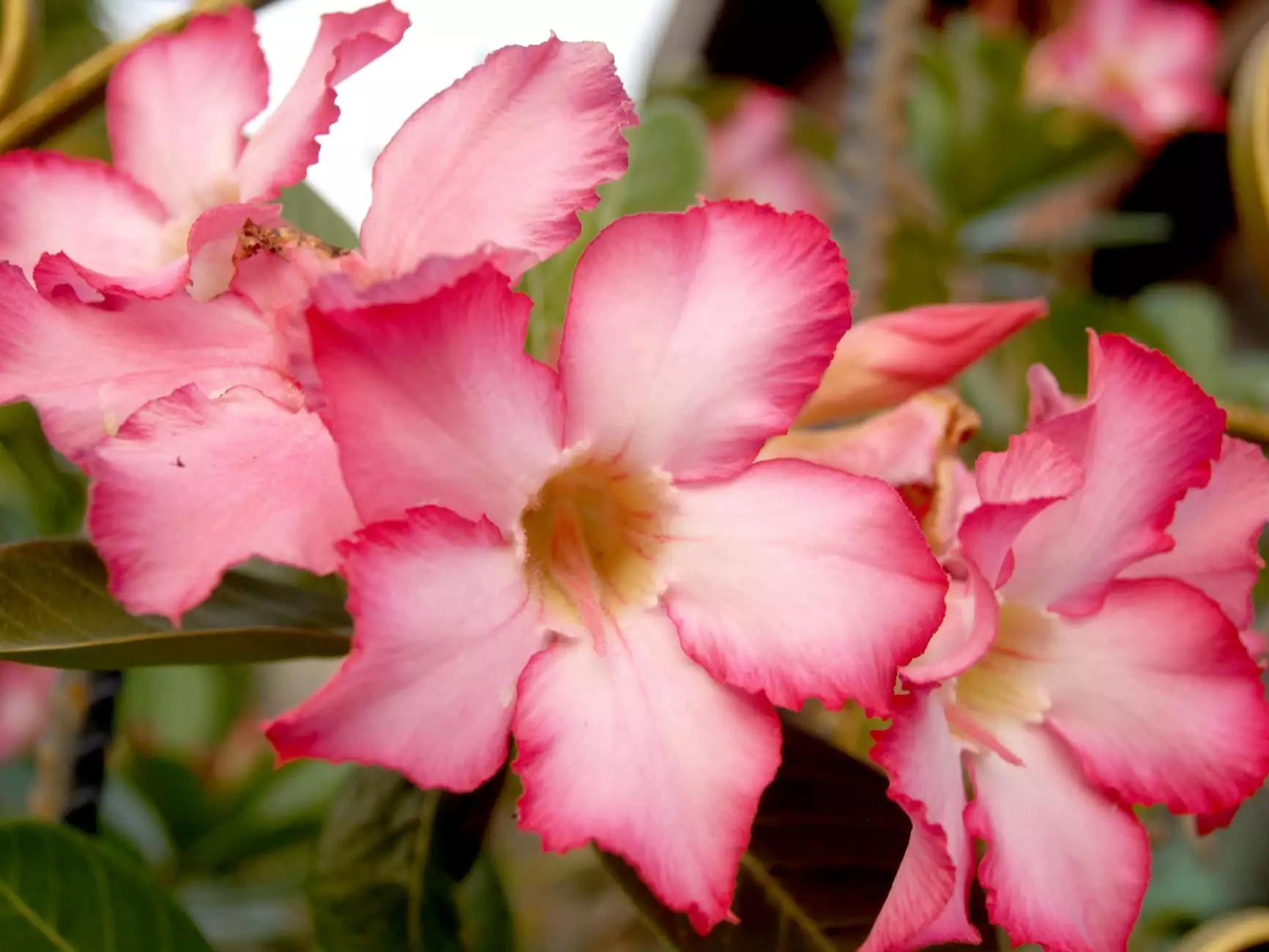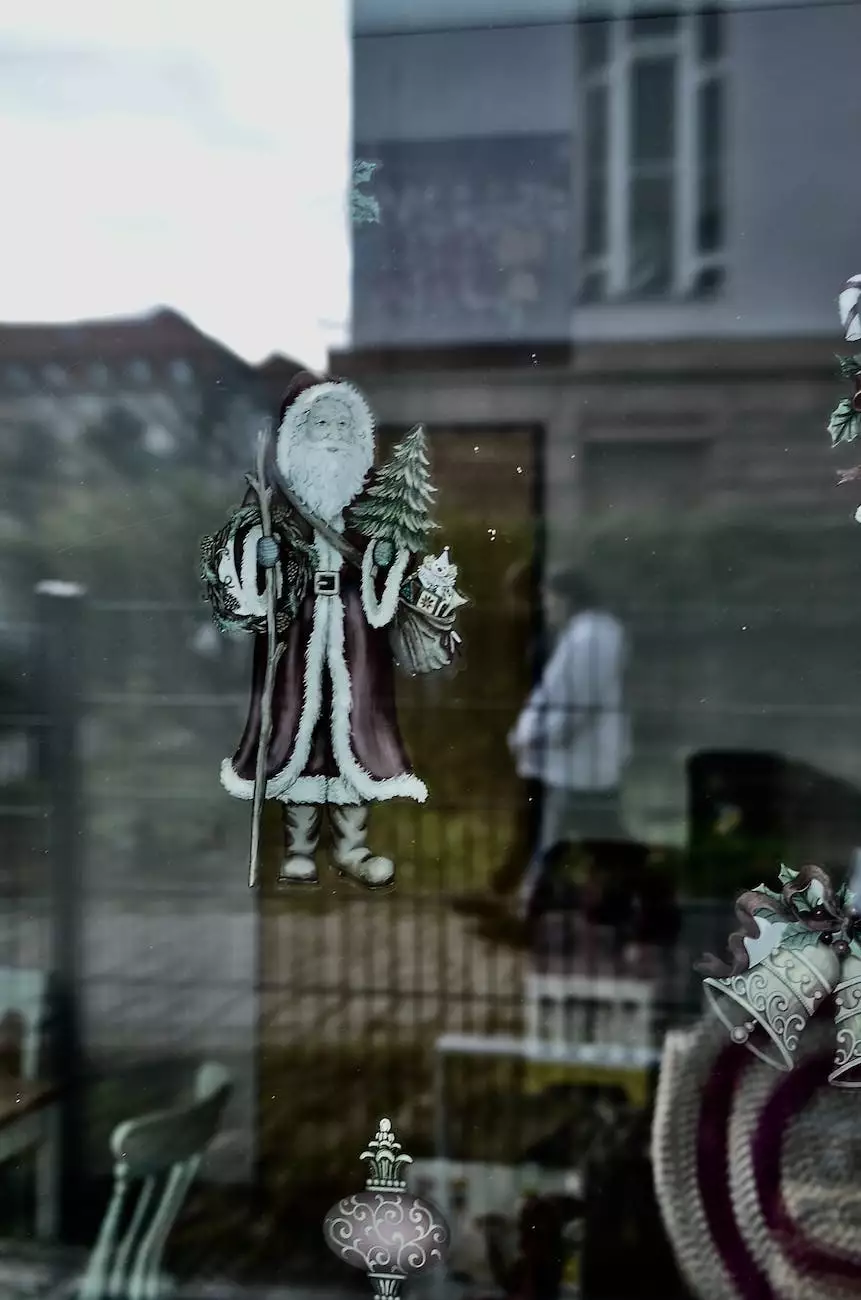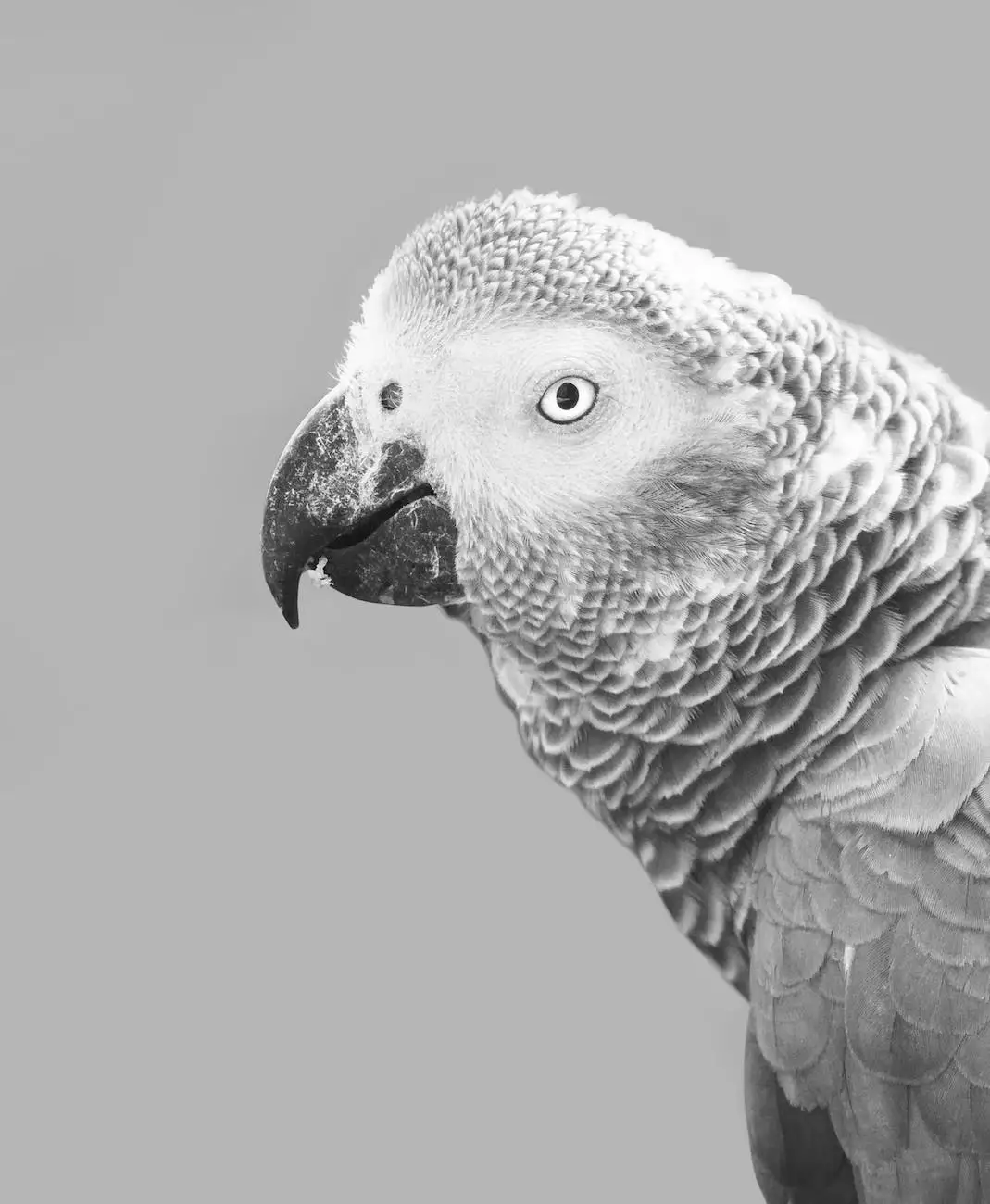Pretty Poisonous Plants - A Comprehensive Guide for Horse Owners
Resources
Introduction
Welcome to Lasers4Horses, your trusted source for veterinary care in Winters, CA. As dedicated horse owners, we understand the importance of safeguarding your beloved pets from potential dangers. In this comprehensive guide, we will discuss various pretty poisonous plants that can pose a threat to your horses' health and well-being. By familiarizing yourself with these plants, you can take proactive measures to prevent accidental ingestion and minimize the risk of poisoning.
The Dangers of Poisonous Plants
While horses are generally selective grazers, occasionally they may come into contact with harmful plants either due to lack of awareness or inaccessibility to safer forage options. It's crucial to recognize the signs of plant poisoning and seek immediate veterinary attention to ensure the best chance of recovery.
Common Poisonous Plants
Below, we have compiled a list of some commonly found pretty poisonous plants that horse owners should be cautious of:
1. Bracken Fern
Bracken ferns, scientifically known as Pteridium aquilinum, are commonly found in wooded areas. Ingesting this plant can lead to thiamine deficiency in horses, causing weight loss, tremors, and even neurological issues.
2. Red Maple Trees
Although Horses are generally not inclined to eat leaves from maple trees, red maples (Acer rubrum) pose a significant danger. Consumption of wilted or dried leaves can lead to anemia, abdominal pain, and potentially fatal conditions such as acute renal failure.
3. Oleander Bushes
Oleander (Nerium oleander) is a fast-growing, ornamental evergreen plant that poses a severe risk to horses. Ingestion of any part of the plant can cause symptoms such as colic, diarrhea, heart arrhythmias, and even death in severe cases.
Prevention Tips
These prevention tips will help horse owners safeguard their animals and create a secure environment:
1. Pasture Management
Regularly inspect and maintain pastures, ensuring the absence of toxic plants. Implement rotational grazing practices to minimize the risk of accidental ingestion.
2. Educate Yourself
Invest time in learning about local poisonous plants and their characteristics. This knowledge will help you identify potential threats quickly, enabling you to take timely action.
3. Secure Fencing
Install sturdy and secure fencing around pastures to prevent horses from accessing harmful plants growing outside their grazing areas.
4. Consult with a Veterinarian
Regularly consult with experienced and knowledgeable veterinarians, like Lasers4Horses, who specialize in equine health. They can provide guidance specific to your horse's needs and help you create a suitable prevention plan.
Conclusion
Understanding the dangers of pretty poisonous plants is paramount for every horse owner. By knowing which plants to avoid and implementing preventative measures, you can ensure the safety and well-being of your beloved horses. At Lasers4Horses, we are dedicated to providing the highest quality veterinary care and guidance to help you maintain a healthy and happy horse. Contact our team today for further assistance or to schedule an appointment.




